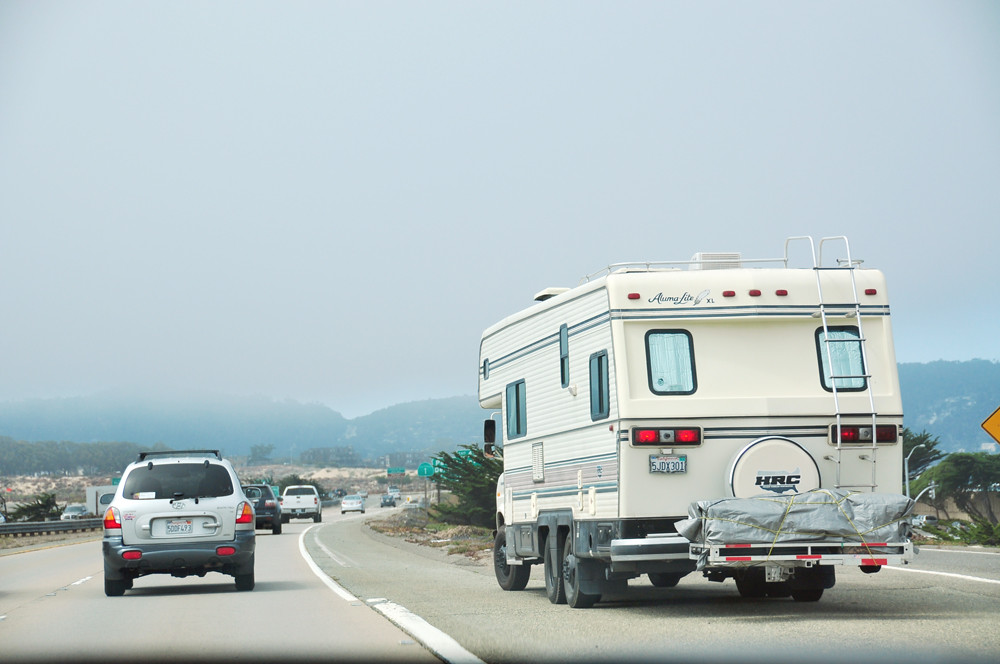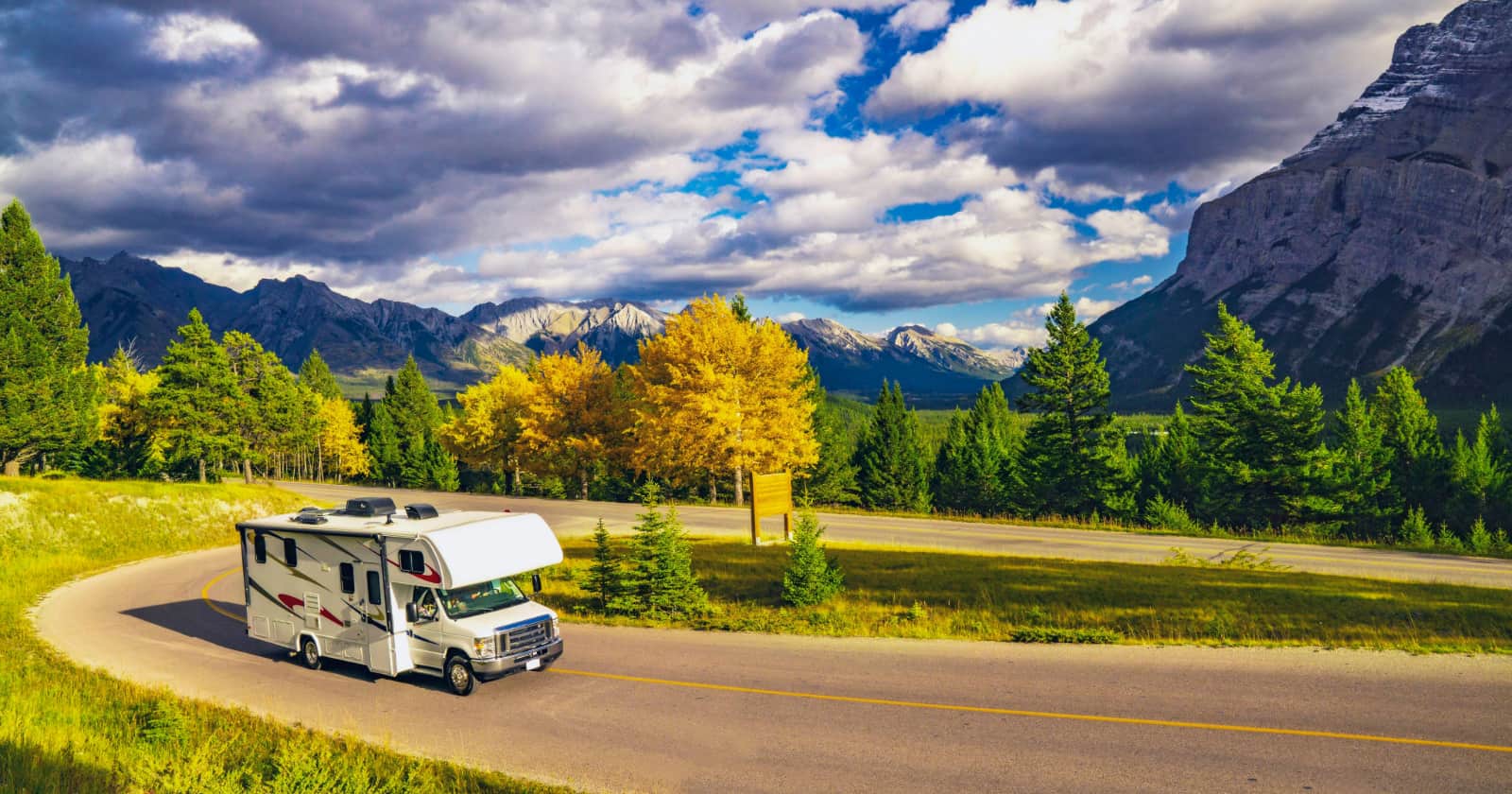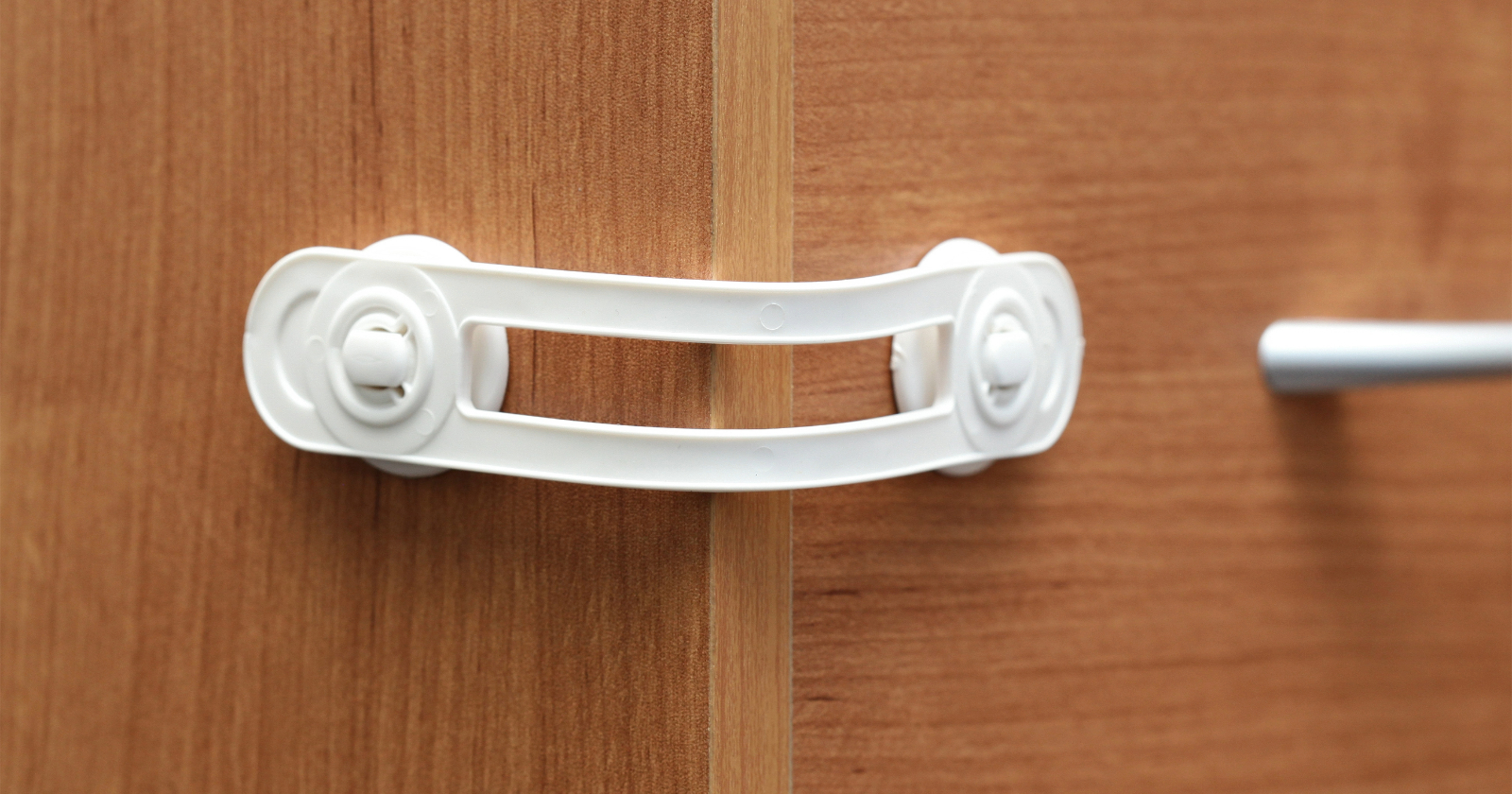At its core, RVing is simple; pile the kids and the dog into a rolling efficiency apartment and hit the road. In reality, if you are new to RVing, there are a few things you really must know before you get started.
1. You’ll drive slower than you thought
Don’t expect to keep up with highway speeds or Google estimates for your drive times. Whether driving a motorhome or towing a travel trailer or 5th wheel, expect your average speed to be significantly slower. If you have purchased an RV and need a planning tool to accurately set and gauge realistic timelines, RV LIFE Trip Wizard is one of the best.
Not only will your wheels over pavement be slower, you will be more likely to take longer and more frequent breaks since your RV will usually provide a handy kitchen and bathroom wherever you are. If you are new to RVing and normally spend 10 or 12 hours behind the wheel in your car, you’ll be lucky to get 6 or 8 hours of driving with your RV. The amount of concentration needed when driving a motorhome or pulling a trailer will cut short the drive time of even the most robust road warrior. Those driving or pulling RV’s in excess of 40 feet often call it a day after just 4 or 5 hours of driving.
You don’t want to be in a constant state of hurry to make sure you get to your campground or destination before it closes. That’s not fun, and will add stress to the drive and your trip in general.

2. You can run your refrigerator and generator while driving
Keeping your food supply and its owners cool during the drive is paramount to enjoying the trip. RV refrigerators are designed to work off of electricity or propane in a variety of configurations. Many of the newest RV fridges run only on 12-volt, using efficient new electronics to take propane out of the equation and make for a more durable and safer refrigerator.
Larger motorhomes and 5th wheels that use a residential fridge will need 110 volts. You can run your gas or diesel-powered generator to provide this or simply rely on battery power and an inverter to do the job for you. It’s not uncommon to be able to power the fridge all day with this combination. Many generators will auto-start when battery voltage dips to a specified level to ensure the batteries stay charged.
Motorhome drivers looking to keep the entire motorhome cool during hot months may want to run the generator while driving to power the A/C units on the roof of the RV, rather than simply relying on the dash air conditioner. Not only will your fellow campers stay cool, that generator will power the residential refrigerator as well.
3. You should make reservations during peak times
Those new to RVing shouldn’t assume they will be able to find an available campground without a reservation during peak seasons. Use a website like RV LIFE Campgrounds to find campgrounds and contact those places via phone or internet to secure your reservation. After a long day of travel, you don’t want to pull in to find a full campground, especially if the next nearest option is a lengthy drive.
Location and time of year are important factors. Kyle Brady of Drivin’ & Vibin’ states in his blog that “Reserving a state park campsite during peak season in Florida is nearly impossible.”
Most campgrounds are fairly lenient about last-minute cancellations or will give you credit towards another stay. You would be better off losing some or all of a down payment on a canceled reservation than find yourself without a place to stay for the night.
4. You don’t need to stop at weigh stations
Despite how some of those signs may read, particularly in New Mexico, you do not need to take your RV through a weigh station. You do however need to have a reasonable understanding of how much weight you are packing into your RV. When in doubt, take your loaded RV to a truck stop or locate a CAT scale somewhere and weigh up.
Your tire pressure is based on weight. You need to maintain proper tire inflation and check it frequently. Low tires heat up, hot tires explode. Maintaining proper tire inflation is critical. If renting, be sure that information is thoroughly communicated to you. If you are new to RVing and an RV owner, you should learn to weigh your rig to adjust for proper tire inflation.
5. Something may go wrong or break
The sooner someone who is new to RVing understands that pitfalls can happen during the trip, the sooner they can stop worrying and just enjoy it. It might be something minor, like a screen getting poked out by the dog or an errant kayak paddle. It could be a larger concern like a flat tire or a broken handle on a holding tank. The truth is, when you put a tiny home on top of a set of wheels and drive or pull it down the highway for hundreds of miles, things can happen.
Often it’s simply the new RVers lack of familiarity that is the issue. Realizing that the awning you put out at lunchtime to shield your hungry family from the sun is now flailing helplessly outside your RV due to heavy winds, is a prime example.
6. Keep phone numbers and spare keys handy
For those new to RVing, knowing who to call in case of an emergency and how to avoid getting locked out of your RV are two common concerns. Try and split up control over the keys to two separate individuals and make sure someone always has a set on them. Keeping a set in the truck or tow vehicle is a good practice, especially if you always tend to carry those keys with you.
Having phone numbers saved on your phone before you start your trip is a good idea. If you are renting an RV, chances are they gave you a slew of phone numbers. Take the time to enter those into your phone so when an issue occurs you aren’t scrambling around to find the rental paperwork you left at home. RV owners should have some form of roadside assistance they can call in the event of a flat or some other issue.
You’ll also want to keep those campground phone numbers handy too. If you find yourself running late and stuck in traffic, you want to be sure and alert the campground that you will be arriving after hours and to explain their after-hours procedures to you.
7. Go RVing
RVing is a fun and engaging way to see the country. If you are new to RVing, remember that the journey is as much a part of the trip as the destination. Take time to enjoy both. If problems arise, take a deep breath and rely on your planning and make the best of the situation.
The good news is, no matter where you are you probably have food and a bathroom. Being well informed is a great start towards enjoying your RVing experience. Popular websites and newsletters like RV LIFE can provide you with great information.



